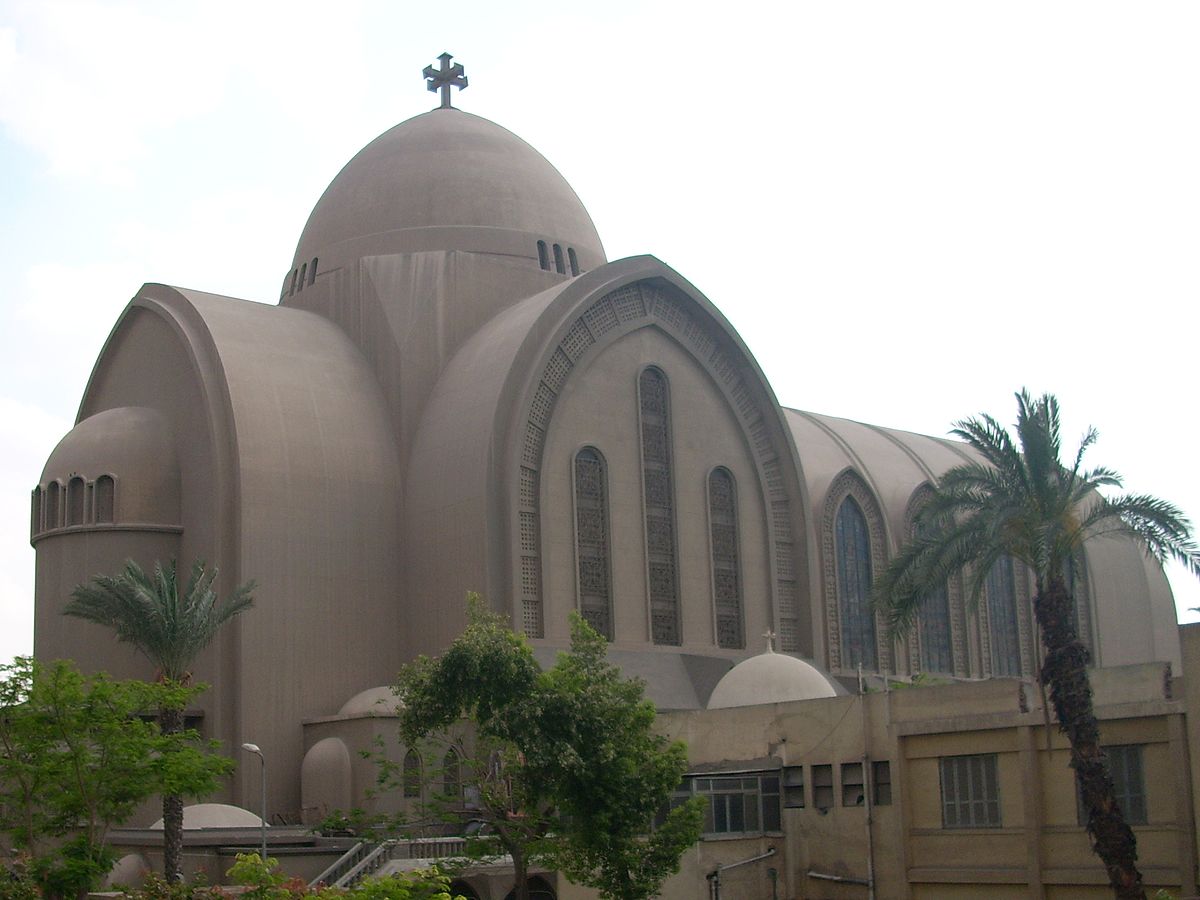The Egyptian government released this week its latest figures on poverty in Egypt and the signs are not good. The poverty rate reached 23.4 percent in 2008/09, up from 20 percent the previous year, says the government. Members of parliament, however, aren’t buying it.
Steel tycoon and head of the Planning and Budget Committee of the People’s Assembly Ahmed Ezz said the figures are misleading because Egypt’s economic performance in the last few years has grown at a time when many countries are struggling.
Gawdat el-Malt, head of the Central Auditing Organization (CAO), responded, saying the government’s policies to ease the impact of the international financial crisis may not have been effective enough.
Cairo University professor of economics Mustapha Kamel el-Sayyed agrees.
“I think we should we should debate the general orientation of economic policies in the country because these policies continue to aggravate poverty,” says el-Sayyed, who is also the executive director of a think tank called Partners in Development for Research, Consulting and Training.
The increase in poverty, at a time when GDP continues to grow, opens the door to a discussion on a number of policies. The two largest question marks, according to experts, are the subsidy system and education. Since poverty has increased, the policies may not be working.
“This survey shows that these huge chunks of cash in the form of subsidies are not having an impact on poverty rates,” says Hania Sholkamy, an economist for the Social Research Center at the American University in Cairo. “If [the poor] are getting the subsidies the poverty rate should be lower.”
For example, the government subsidizes 270 million loaves of baladi bread per day at 19 piasters a piece, yet 29 percent of children in the country are malnourished, according to Sholkamy.
“Subsidies are very, very important but if you look at the actual income and expenditures you’ll find that the very poor are unable to get the subsidized goods,” she says.
Part of the problem of subsidies is that there is a large black market for them. Whether it’s cutting subsidized flour with cheaper flour or buying gas cylinders in bulk and then reselling them on the black market, subsidized products are often bought at a lesser quality or a higher price than intended by the government.
“There is so much leakage and wastage that it’s more lucrative to deal in subsidized flour than it is to deal drugs,” says Sholkamy.
Sholkamy adds, however, that subsidies are necessary to prevent more people from falling into poverty. She says that canceling subsidies would push nine percent of the population directly into poverty. That does not include the secondary effects, such as inflation, of removing subsidies, which could push even more people below the poverty line.
The recent study released by the government is part of a regular survey of households to determine poverty based on, among other factors, household consumption. In other words, how people spend their money on basic goods and how much they pay for them is as significant as how much they earn.
“It’s easier to tell consumption in a straightforward manner than salary,” says Sherine al-Shawarby, an economist for the World Bank. People are often reluctant to honestly share their income. Consumption, however, is tracked with a daily diary that is likely to be accurate.
The World Bank has produced several reports in the last few years on poverty in Egypt and has consulted regularly with the Egyptian government on its strategy. Al-Shawarby says the bank has designated three areas as most in need of attention to reduce poverty: improving the social safety net, increasing GDP, and improving education.
“Children inherit poverty from their parents, so to break this vicious cycle you have to give opportunities for employment,” she says.
El-Sayyed agrees that education should be a priority. According to el-Sayyed, tackling illiteracy is the most urgent step. The CIA World Factbook says that 17 percent of men and 40.6 percent of women in Egypt are illiterate.
“Basic education is the priority now,” he says. “75 percent of the young people in Egypt finish their education at the level of basic school.”
Education and poverty are not just issues of human development, but also of the welfare of the state, says el-Sayyed. If these issues are not solved, discontent will grow as people feel less secure about being able to meet their basic needs, he warns.
“Poverty of course is present and rampant, but I think what people are talking about is insecurity,” adds Sholkamy. “It’s become expensive to be secure. You have to be richer than you used to be to have a secure, basic life with an education.”




